How booty grabbing and catcalls at Roskilde Festival became a research project
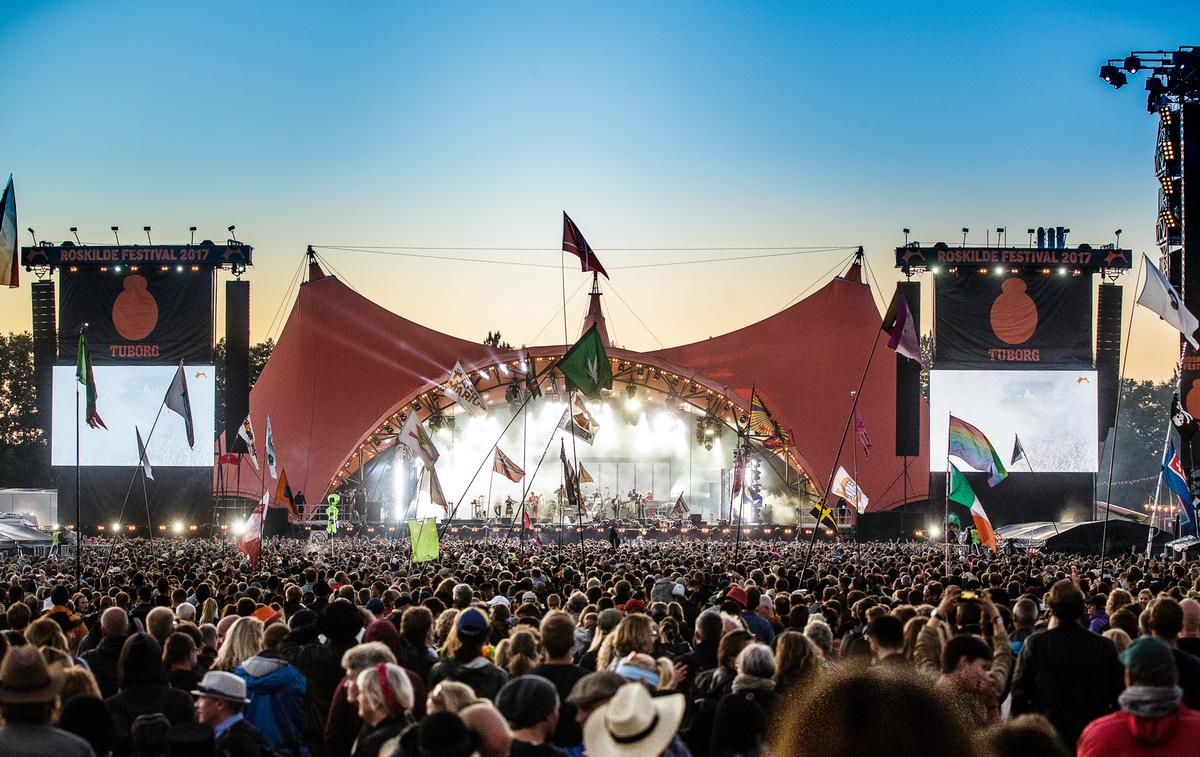
Roskilde Festival is according to Morten Thanning Vendelø and Jannick Friis Christensen from CBS the perfect place to do research. (Photo: Peter Troest)
Transgressive behavior in the public domain is being discussed far and wide. But how do you deal with it at a festival like Roskilde Festival? Two CBS researchers went to Roskilde to find out. They argue that transgressive behavior is becoming a question of crowd safety, which needs to be dealt with.
Roskilde Festival is often described as a sanctuary. A place where you can forget about your troubles and worries for a short period of time, liberate yourself from everyday responsibilities and loosen up.
And getting loose seems to influence the behavior of festivalgoers, reflects Jannick Friis Christensen, PhD Fellow at the Department of Organization at CBS.
“There seems to be a certain set of norms at Roskilde Festival. You’re freer, and there are things you put up with and things you do that you normally wouldn’t do in other places. And this seems to lead to transgressive behavior being more acceptable, somehow. A lot of the people we talked to at the festival agreed that they wouldn’t accept transgressive behavior to the same extent outside of Roskilde,” he says.
Together with Professor MSO Morten Thanning Vendelø from the same department and four interviewers, Jannick Friis Christensen made more than 77 interviews with festivalgoers at this year’s Roskilde Festival about transgressive behavior – covering everything from catcalls, booty grabbing, unwanted hugs, and noise and trash from the neighboring camps.
In the interview, the festivalgoers were asked about their experience of transgressive behavior, what they see as transgressive behavior, and whether they knew about the initiatives that Roskilde Festival was running. Everything in order to get a clearer picture of what actually happens out there so that Roskilde Festival – and other festivals – can figure out what to do in future.
“Transgressive behavior has become a phenomenon that festivals, such as Roskilde Festival, has had to deal with. It’s no longer regarded as an individual issue, but as a matter of crowd safety,” says Jannick Friis Christensen.
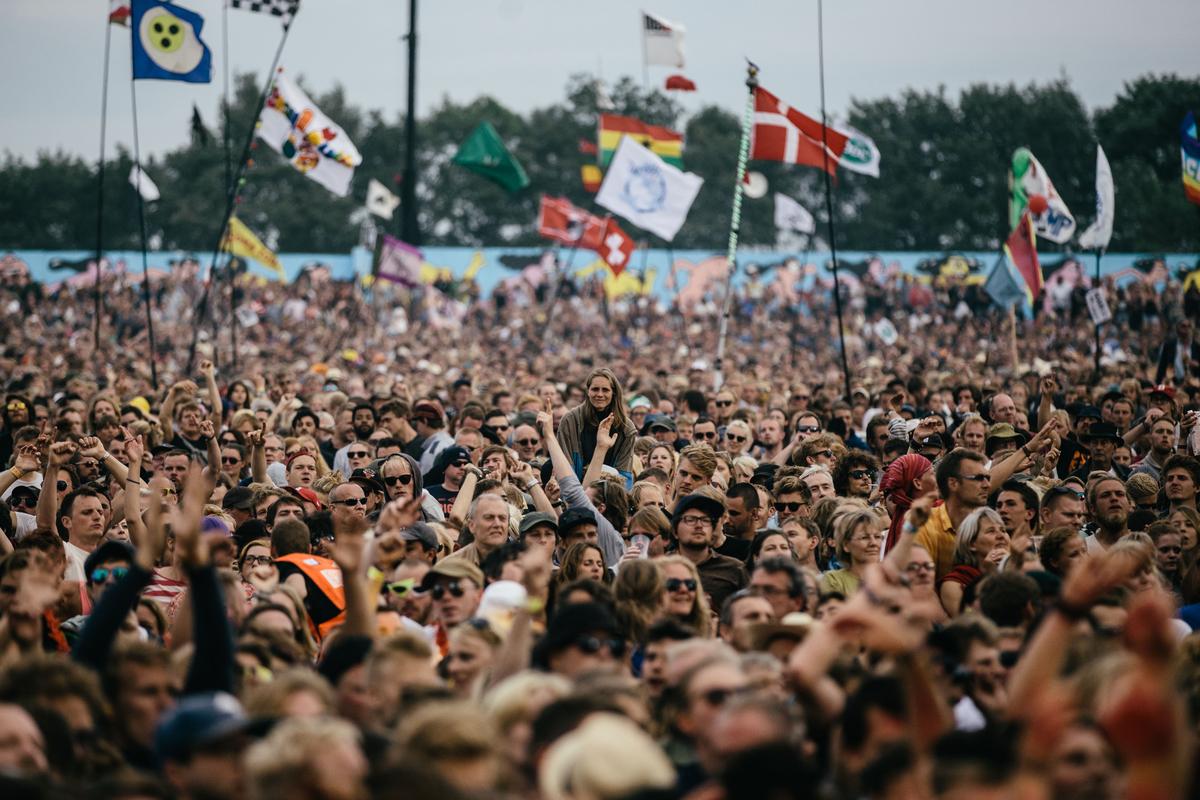
The term ‘crowd safety’ is often associated with fences that help to control crowds during concerts, exit signs and first aiders. But according to Morten Thanning Vendelø, who works with crowd safety management in his research, transgressive behavior is very much a matter of crowd safety.
“Festivals like Roskilde Festival want festivalgoers to feel safe. In that sense, it can be a problem if people begin to view the festival as an unsafe place because of the risk of experiencing something that transgresses your personal limits. Then people might become more reluctant to attend,” he says.
When transgressive behavior became a matter of crowd safety
Transgressive behavior isn’t a new thing. But it’s relatively new to talk about it in the context of crowd safety and in research, explains Morten Thanning Vendelø.
“If I were to set the date of when we started to discuss transgressive behavior in crowds, it must have been New Year’s Eve 2015/2016. This is when we heard about the assaults on women in Cologne. After this, similar cases started to emerge,” he says and continues:
“It’s gathered increasing attention ever since, but it’s still relatively indefinable what transgressive behavior covers, as it’s different from person to person. That’s why this study explores a range of experiences that could be considered transgressive behavior.”
According to Roskilde Festival’s own report on transgressive behavior, one out of five festivalgoers experiences a transgression during the festival. However, the number is likely to be higher, says Jannick Friis Christensen.
“It’s far from everything that’s reported. We talked to many festivalgoers who had learned to shrug off certain experiences because they at Roskilde and not in daily life. We also talked to some who felt that the voluntary safety steward guards didn’t take their reports seriously. So it’s possible that the figures are higher,” he says.
Roskilde Festival ran different campaigns in the past years that focused on how to treat others under the slogan Orange Together. And this makes Roskilde Festival stand out from other festivals because they see it as their responsibility to make the festival safe for its audience, explains Jannick Friis Christensen.
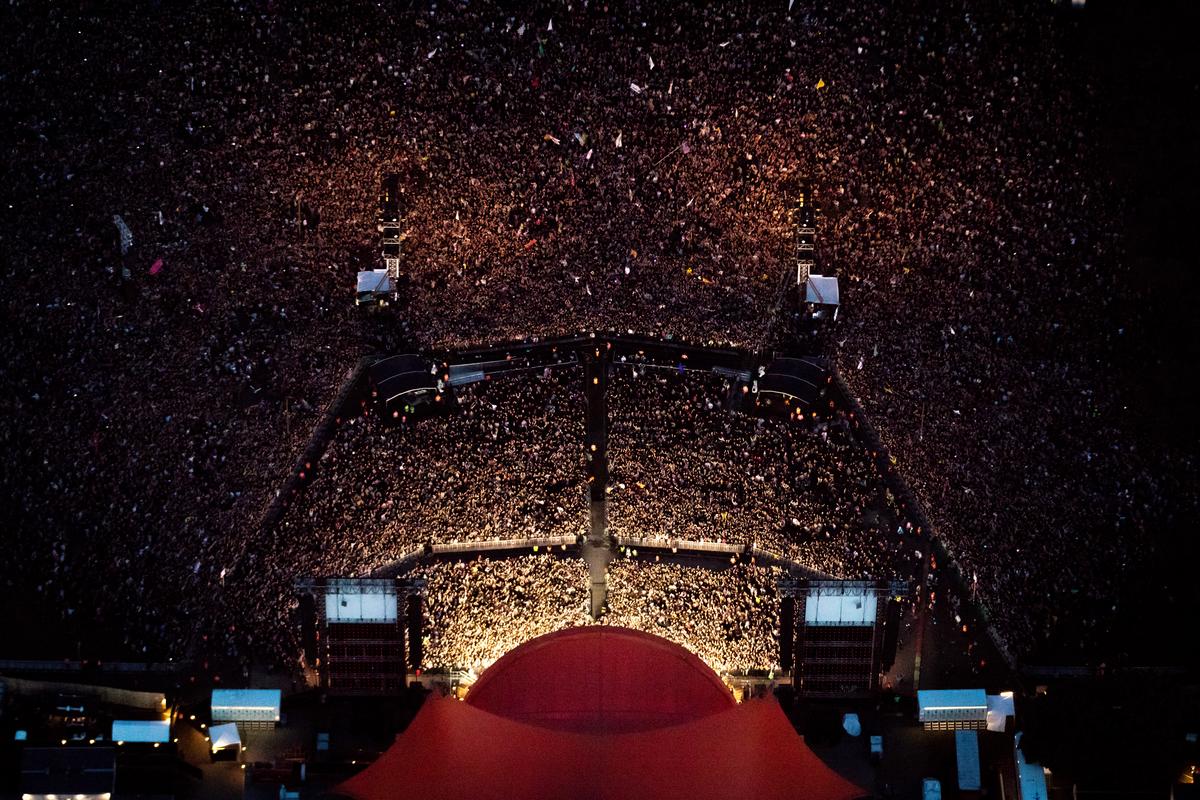
“For example, they’ve run videos on how to talk and behave towards one another and the environment, and they’ve also weeded out the drinks and cocktails whose names had a sexist ring to it so you can’t order a ’sur kælling’,” he says.
A few ideas for Roskilde Festival
Morten Thanning Vendelø and Jannick Friis Christensen expect to hand over a report to Roskilde Festival during the autumn with their key findings and the data collected from the festival. And they might propose a few ideas for what Roskilde Festival could do to improve their work on transgressive behavior.
Morten Thanning Vendelø has worked closely with Roskilde Festival for many years. And, as the researchers have a lot of available data, the festival can get the researchers’ perspective on new trends and issues.
“If you look at the field of research in event safety, it’s very much dependent on the interaction between researchers and the practitioners. The issues that we deal with are often issues that the festivals have experienced themselves and aren’t quite sure how to deal with them. In this way, you have a special field in which both parties are very interested in how things are dealt with from both a researcher and a practitioner perspective,” he says.
Furthermore, Morten Thanning Vendelø and Jannick Friis Christensen are considering writing scientific papers based on the data from Roskilde Festival. They, for example, want to investigate how transgressive behavior works as a social phenomenon and how people handle it.



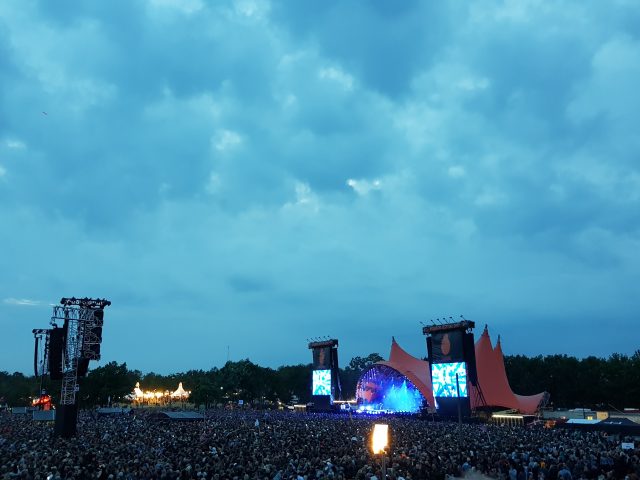
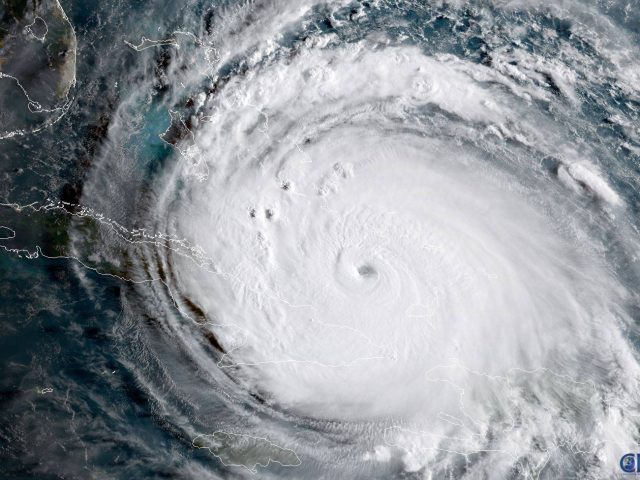
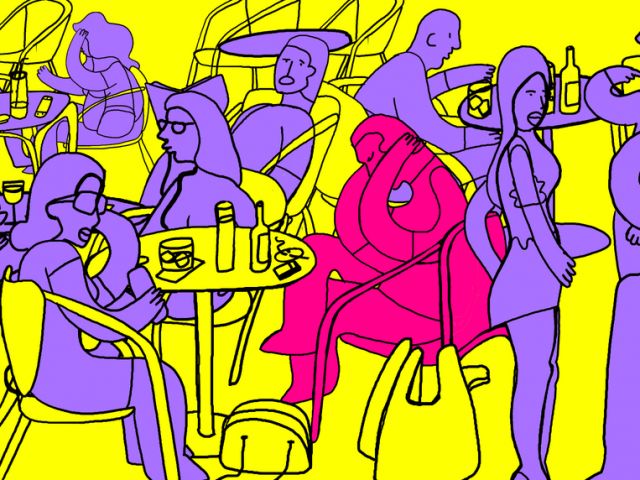
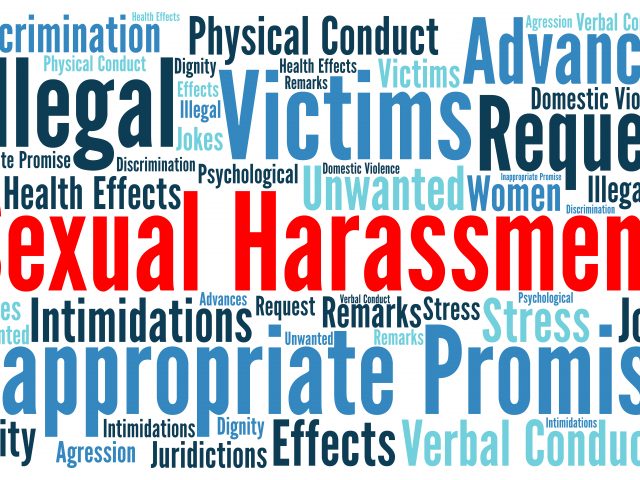






























































































































Comments